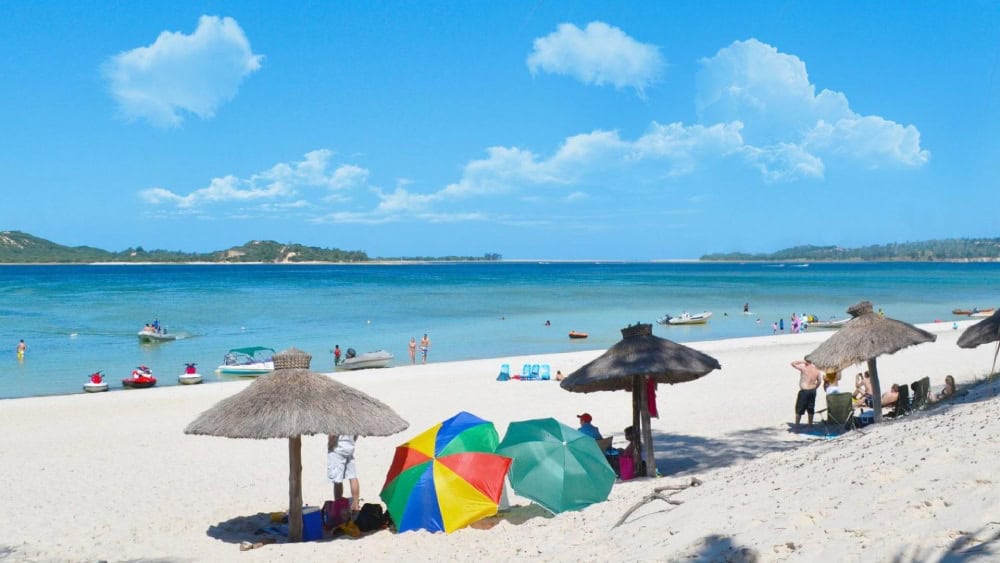Mozambique is a diverse and vibrant country, with a rich culture and heritage and a multitude of languages spoken across its various regions. For safari travellers, understanding what language in Mozambique is spoken can enhance your experience and help you connect more meaningfully with locals.
What Language Do They Speak in Mozambique?
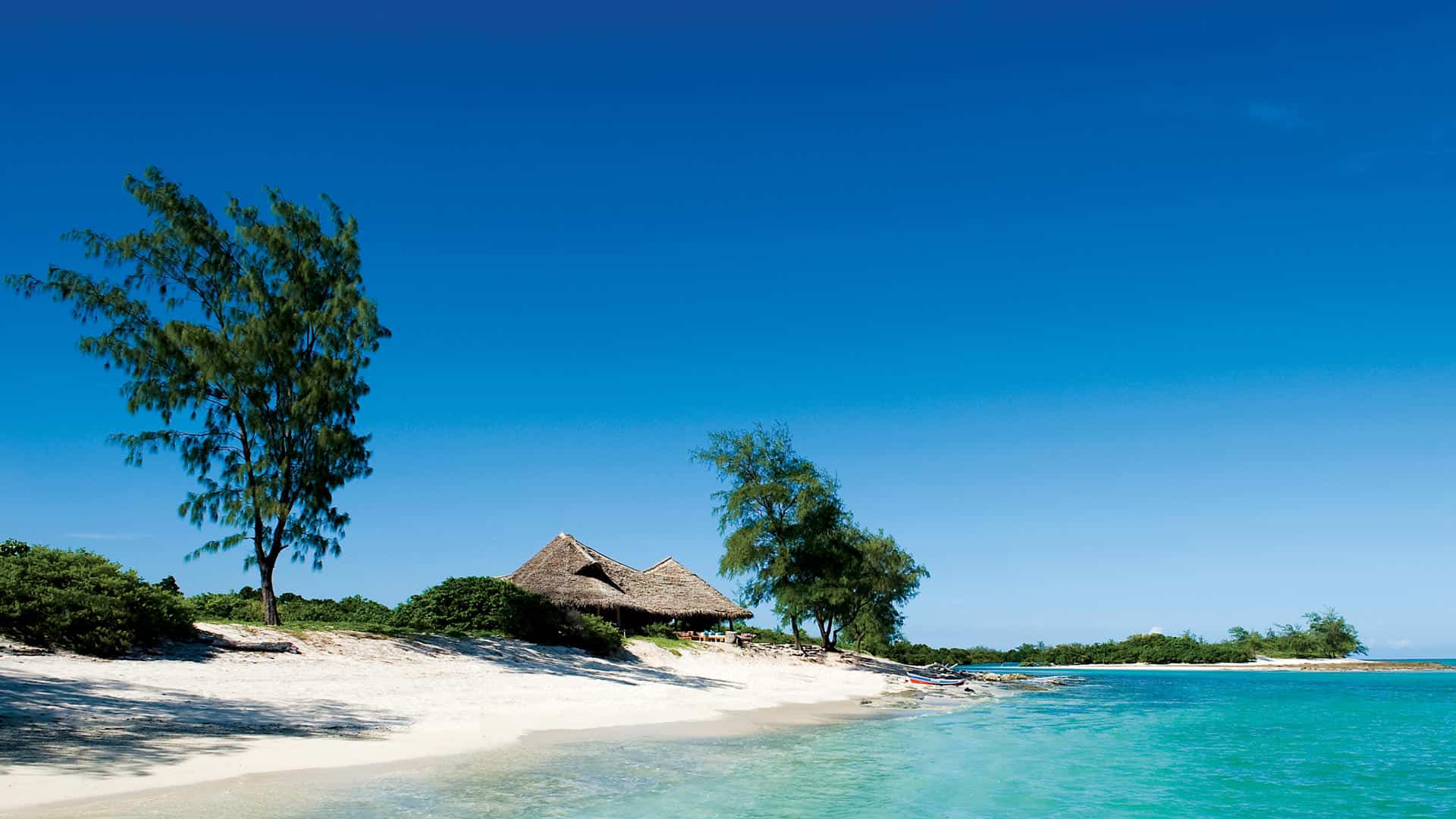
Portuguese is the official language of Mozambique, but a variety of indigenous languages are spoken throughout the country, and English is often used in tourist areas. Here’s a guide to navigating language in Mozambique during your safari.
Portuguese: The Official Language
Knowing what the official language of Mozambique is will help you to understand the legacy of its colonial past. It’s spoken by the majority of the population, particularly in urban areas like Maputo (the capital) and other major cities.
It’s important to note that Portuguese is recognised in the constitution as the official language of the country and is the lingua franca. It’s also the language of education from the higher primary grades and beyond.
But more than 40 indigenous languages are spoken. In rural areas, you are more likely to find locals speaking an indigenous language rather than Portuguese.
On safari, particularly in more remote areas, you may encounter staff who speak Portuguese as their primary language. However, most luxury safari lodges, especially those catering to international guests, will have English-speaking staff to ensure a smooth and enjoyable stay.
A basic understanding of common Portuguese phrases can be helpful and appreciated by locals. Here are a few useful phrases:
- Olá (oh-lah) – Hello
- Como está? (koh-moh es-tah) – How are you? (But locals more often say Tudo bem? (too-doo bang)
- Obrigado/Obrigada (oh-bree-gah-doh/oh-bree-gah-dah) – Thank you (male/female)
- Por favor (por fah-vor) – Please
- Sim (seem) – Yes
- Não (nah-o) – No
- Onde fica a casa de banho? (on-day fee-kah ah kah-zah duh bah-nyoo) – Where is the bathroom?
Indigenous Languages in Mozambique
The languages of Mozambique are regional. These languages are widely spoken in rural and remote areas, where communities maintain strong ties to their cultural roots. Some of the major indigenous languages include:
- Makhuwa: Spoken by the Makhuwa people, who live in the northern regions of Mozambique.
- Shona: Spoken by a number of people, especially in the central provinces of Manica and Sofala.
- Sena: Commonly spoken along the Zambezi River in central Mozambique, particularly in Sofala, Zambézia, and Tete, as well as in Gorongosa National Park.
- Xichangana: The language of the Changana people, spoken predominantly in the southern part of the country, including areas around Maputo.
- Xitsonga: Mostly spoken in the southern regions, as a broad language group of which Xichangana is a major branch, Tsonga is deeply embedded in local folklore and music.
- Shangaan: This is also a variety of Xitsonga and is most often spoken in the areas bordering South Africa and its Kruger National Park.
Safari travellers don’t need to learn the language in Mozambique, but understanding that these are the primary means of communication for many Mozambicans can provide context for your interactions with local communities.
In rural safari lodges, staff may speak one or more of these languages, and you may even meet local guides who are native speakers and can share unique insights into Mozambique’s culture and environment.
English in Mozambique’s Tourism Industry
English is widely used in the tourism industry in Mozambique, particularly in luxury safari lodges, hotels, and resorts. Staff at high-end establishments are often fluent in English, ensuring that international visitors can communicate easily.
From your arrival at the airport to your safari drives, you’ll find that most luxury lodges provide excellent service in English. Safari guides and lodge staff are well-equipped to assist with any requests, from organising excursions to explaining the local flora and fauna.
Although English is a common language spoken in Mozambique in tourist areas, it’s always helpful to make an effort to learn a few words in the local language so you can greet staff.
English becomes scarce outside high tourist zones. Showing respect for the local culture and language can go a long way in building rapport with the Mozambican people.
Cultural Sensitivity and Language Etiquette
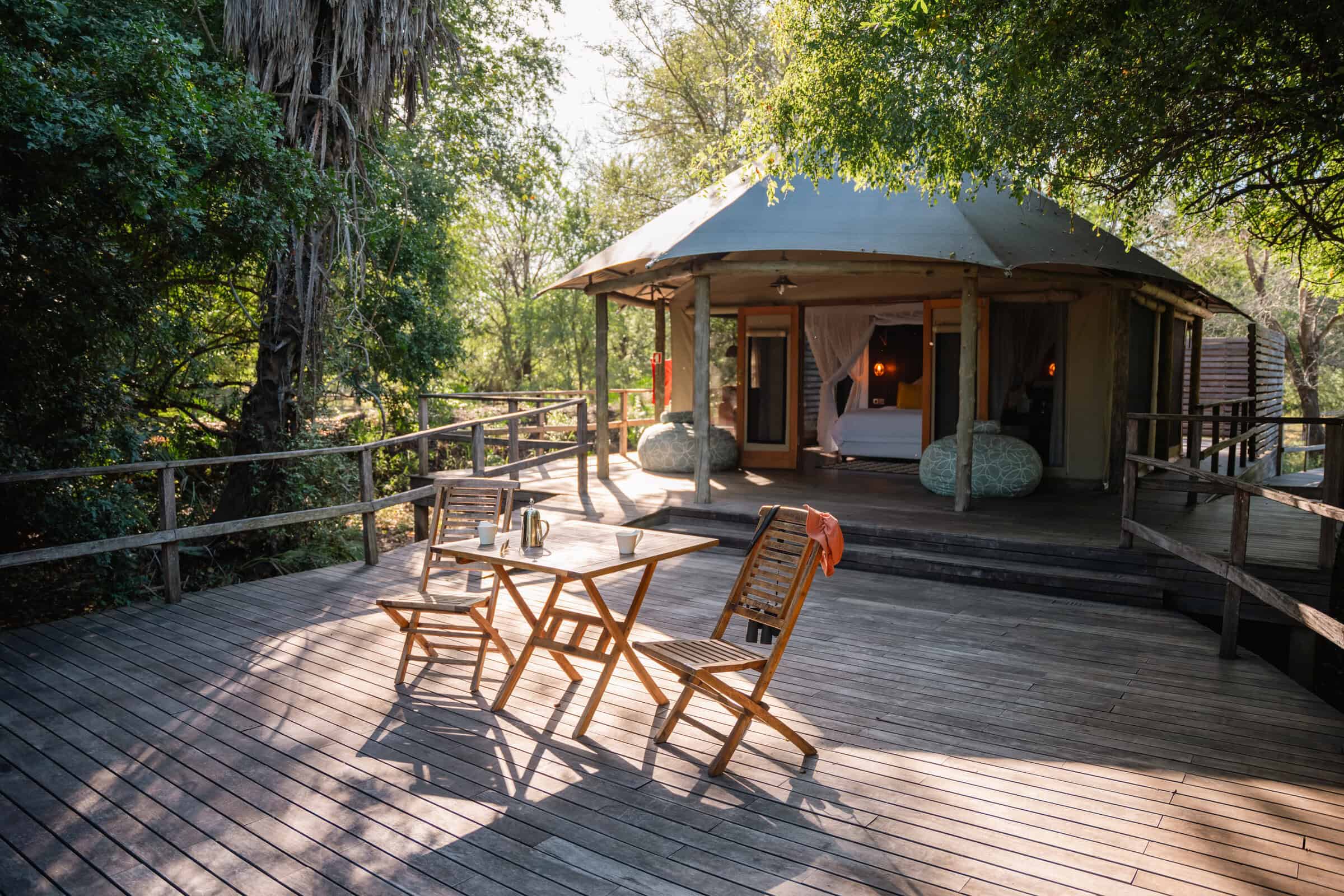
As you travel through Mozambique, it’s important to be mindful of language etiquette, especially in rural areas or when interacting with indigenous communities.
When meeting someone, greeting them with a smile and a polite “olá” (hello) or “bom dia” (good day) is a good way to start a conversation. Mozambicans are known for their warmth and hospitality, and a friendly greeting can go a long way in fostering positive interactions.
Since much of Mozambique does speak Portuguese, in some communities, it’s customary to show respect for elders by addressing them using titles such as senhor (mister) or senhora (madam).
If you’re unsure about the local customs, it’s always a good idea to ask your safari guide for advice on how to interact respectfully with local people.
Using Translators and Guides
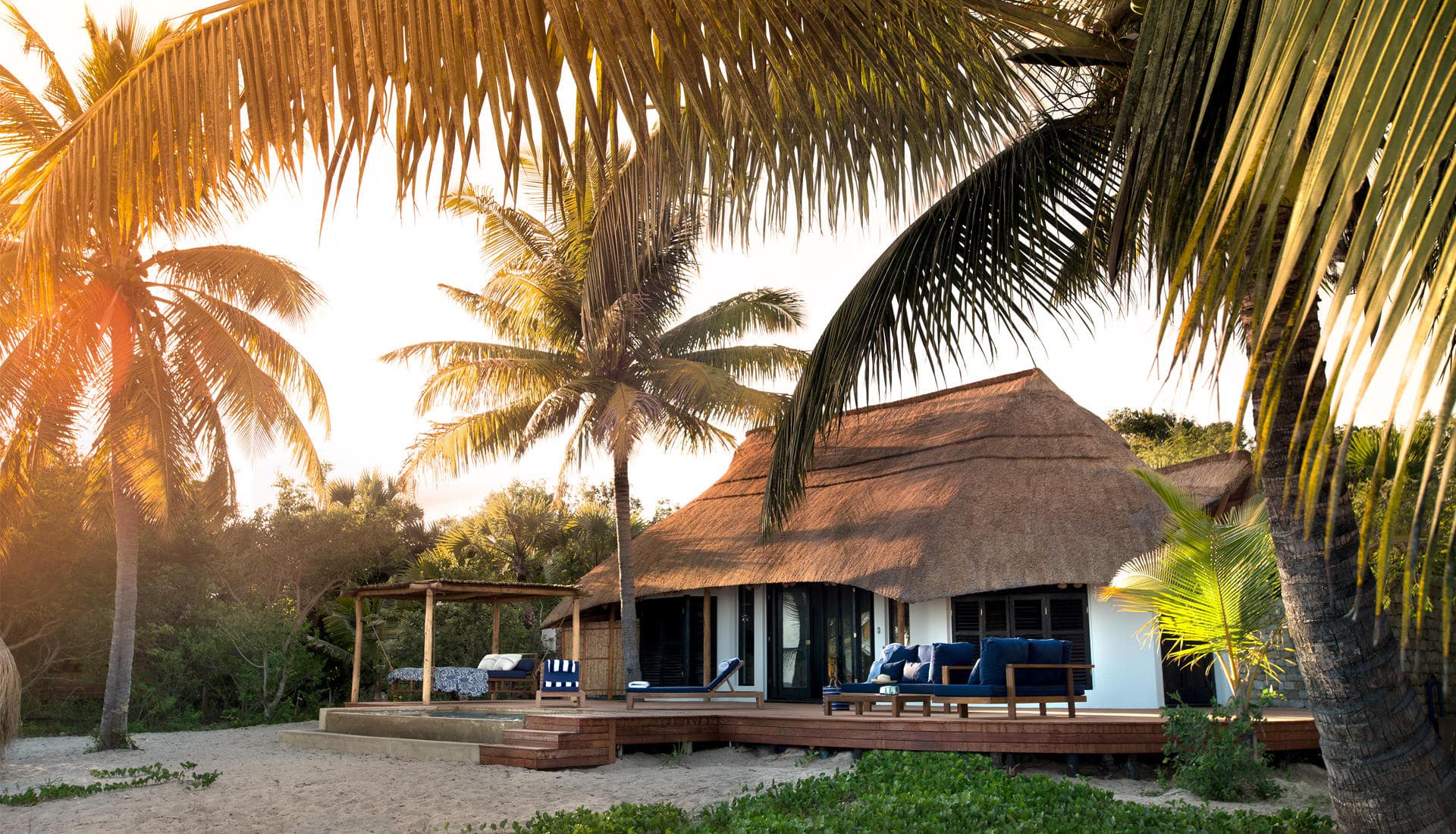
Luxury safari lodges in Mozambique often work with professional guides who can translate and explain the languages of Mozambique for you, especially when interacting with indigenous communities or visiting remote areas.
These guides are not only fluent in the national language of Mozambique, Portuguese, and English but are also well-versed in local dialects, enabling them to bridge any linguistic gaps and ensure a smooth and enriching experience.
Whether you’re on a game drive or visiting a nearby village, your guide can offer insights into the language, customs, and traditions of the people living in the area.
Experience Mozambique Languages First-Hand
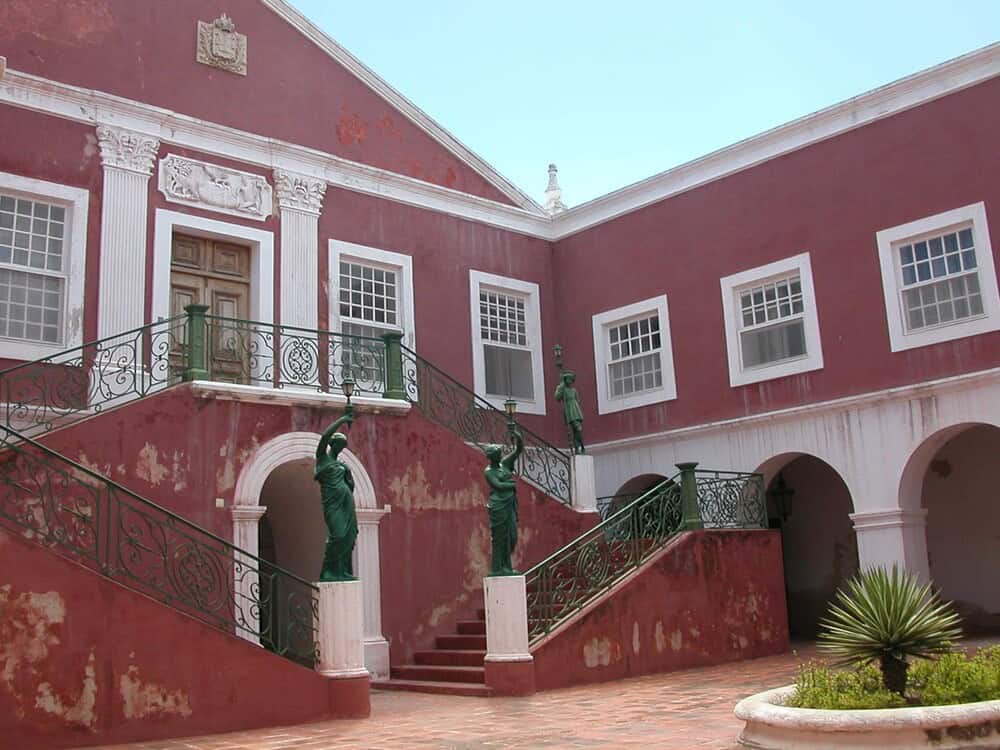
If you want to go beyond sightseeing and truly immerse yourself in the beauty of Mozambique, start by listening. In Mozambique, the official language of Portuguese is a unifier. A dialect that tells you the story of how this nation came to be.
Let us show you places where history, language, and landscape meet. Where every conversation becomes part of your journey.






